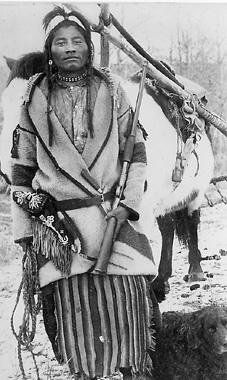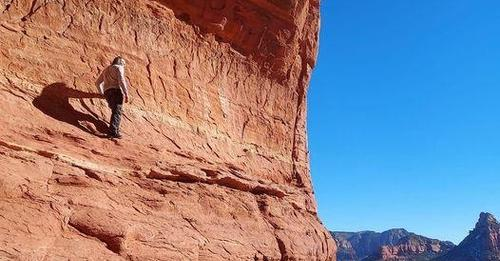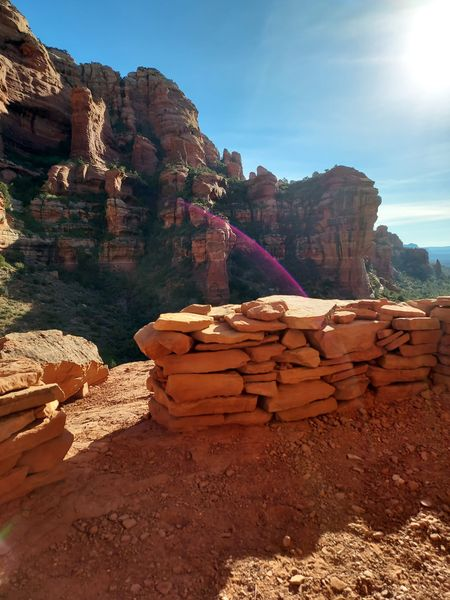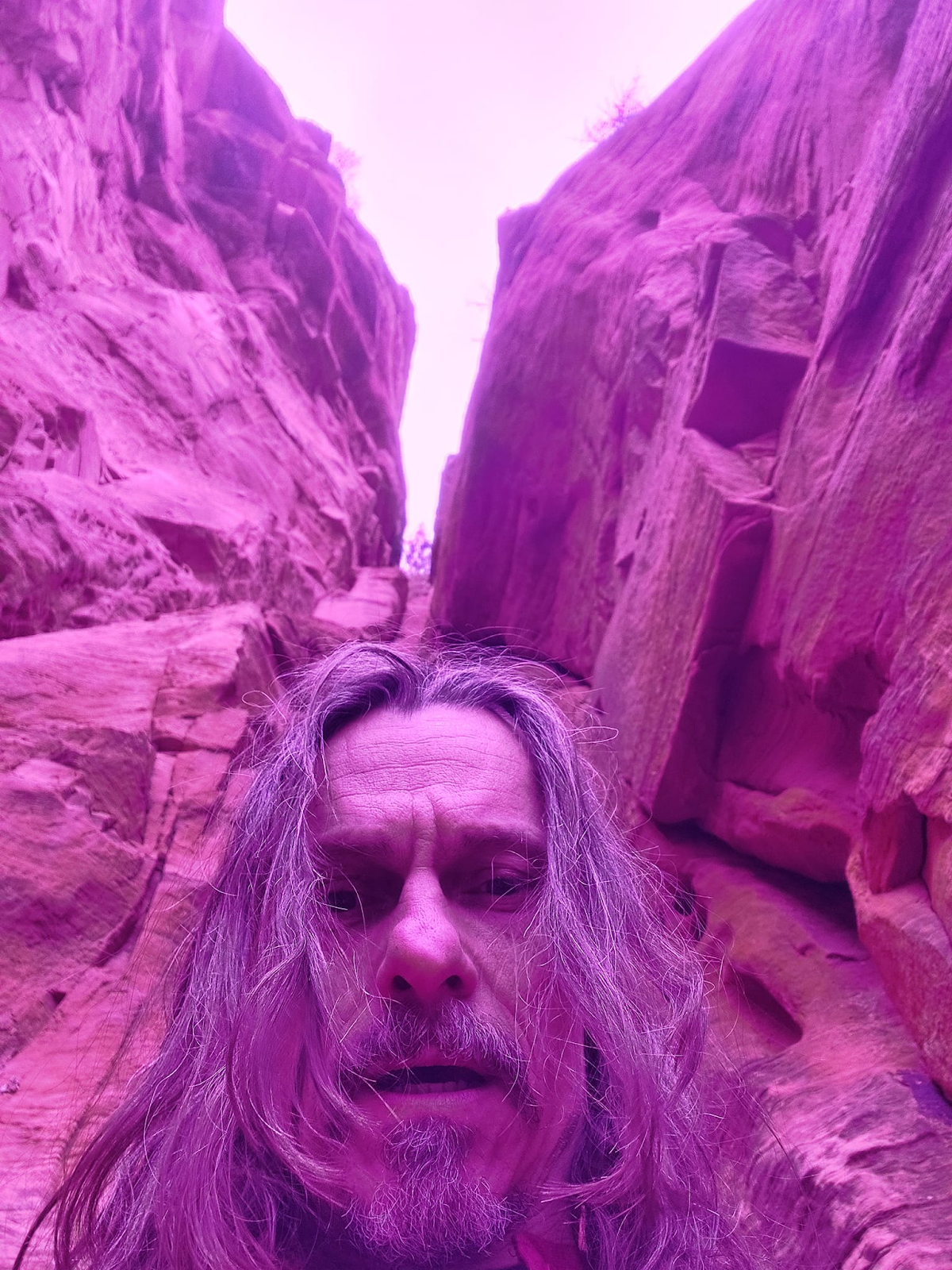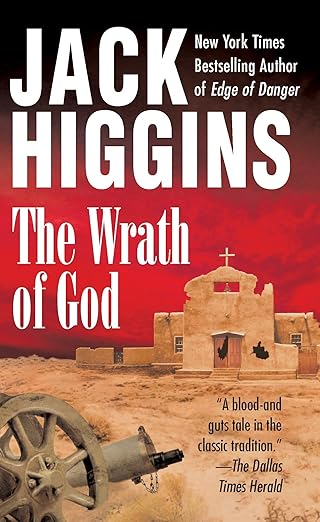Stephen Hunter, a poet of accurate gunplay among
thriller writers. A man who often gets the violence right and extracts as much
of the romanticism as he can to lean into realism offers us three novellas in
this volume.
The first, “City of Meat” puts it in western
territory by my reckoning as it takes place in the Depression Era Gangster days
and is built on the premise of a Pretty Boy Floyd sighting in Chicago.
The writing quality is high, as the following extract
shows regarding a visit to the massive stockyards and slaughter pens.
In a few minutes, he was sitting next to
an elderly black man who owed him nothing and hardly noticed them. A slatternly
old pony pulled a little cart along, driven by the casual slash of a whip Cracker
snapped into its flanks. The pony, which could only be called You Poor Thing,
pulled his wagon to the right under Cracker’s ungentle mandate, and they left
the administrative city behind, entering the pens, unprotected by the bubble of
his car, Charles experienced the smell full on. It seemed to double or triple,
like a palpable cloud, a tear-bringer, like a phenomenon of the weather. It was
everywhere and could not be avoided. Worse still, its fetid promise of
nourishment brought flies in the billions, even some carrying birds silhouetted
on bare branches, ready to pounce on the gobbet of beef, a foot, an eye,
whatever spillage there was.
The other two novellas advance in time, one a 1940s
noir piece and the final, a 1970s tribute to Italian giallo cinema.
The quality is high in all, if there is a quibble, it
is that of all series characters—the end is a foregone conclusion—the author cannot
risk killing the cash-cow, so there is seldom much surprise in these endeavors.
Still, the writing across all three is high.
I would love to see Mr. Hunter dip full-bore into the
Western with no onus of preserving a character. Simply allow his muse to craft
and beguile.
Three novellas, not a bad deal for the buck.



